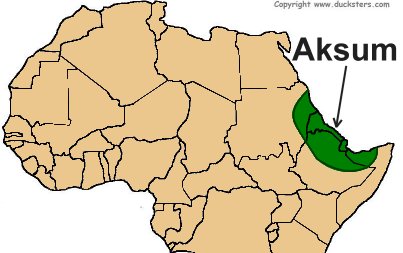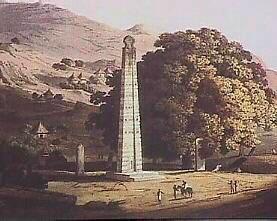Civilizations
Ancient Egypt
Kingdom of Ghana
Mali Empire
Songhai Empire
Kush
Kingdom of Aksum
Central African Kingdoms
Ancient Carthage
Culture
Art in Ancient Africa
Daily Life
Griots
Islam
Traditional African Religions
Slavery in Ancient Africa
|
People
Boers
Cleopatra VII
Hannibal
Pharaohs
Shaka Zulu
Sundiata
Geography
Countries and Continent
Nile River
Sahara Desert
Trade Routes
Other
Timeline of Ancient Africa
Glossary and Terms
|

